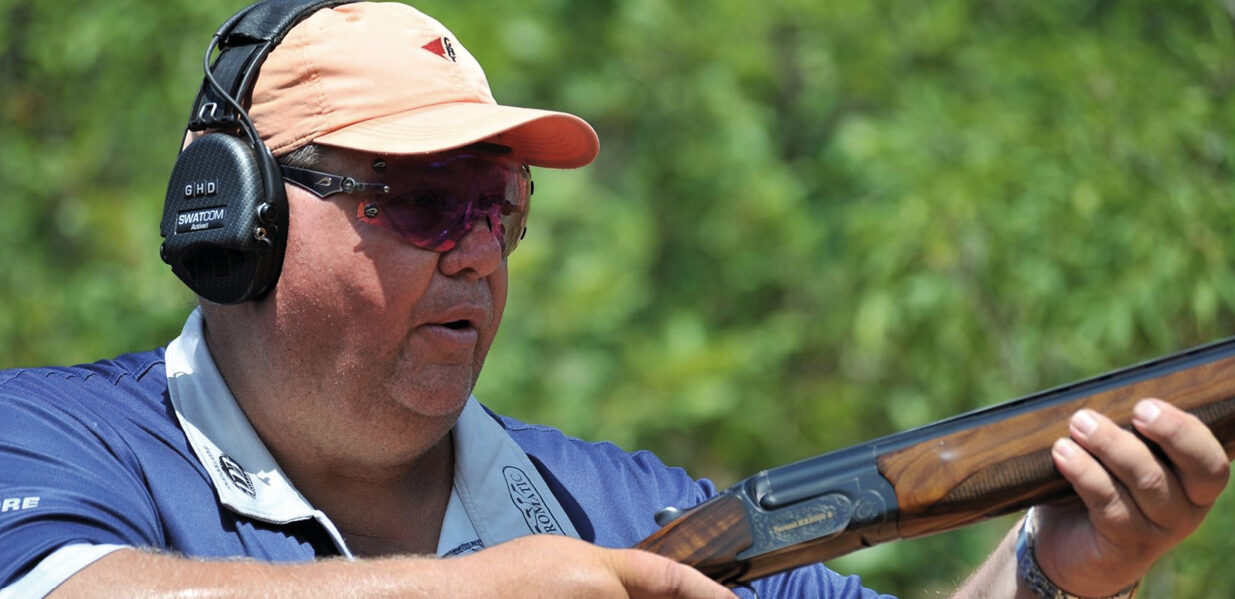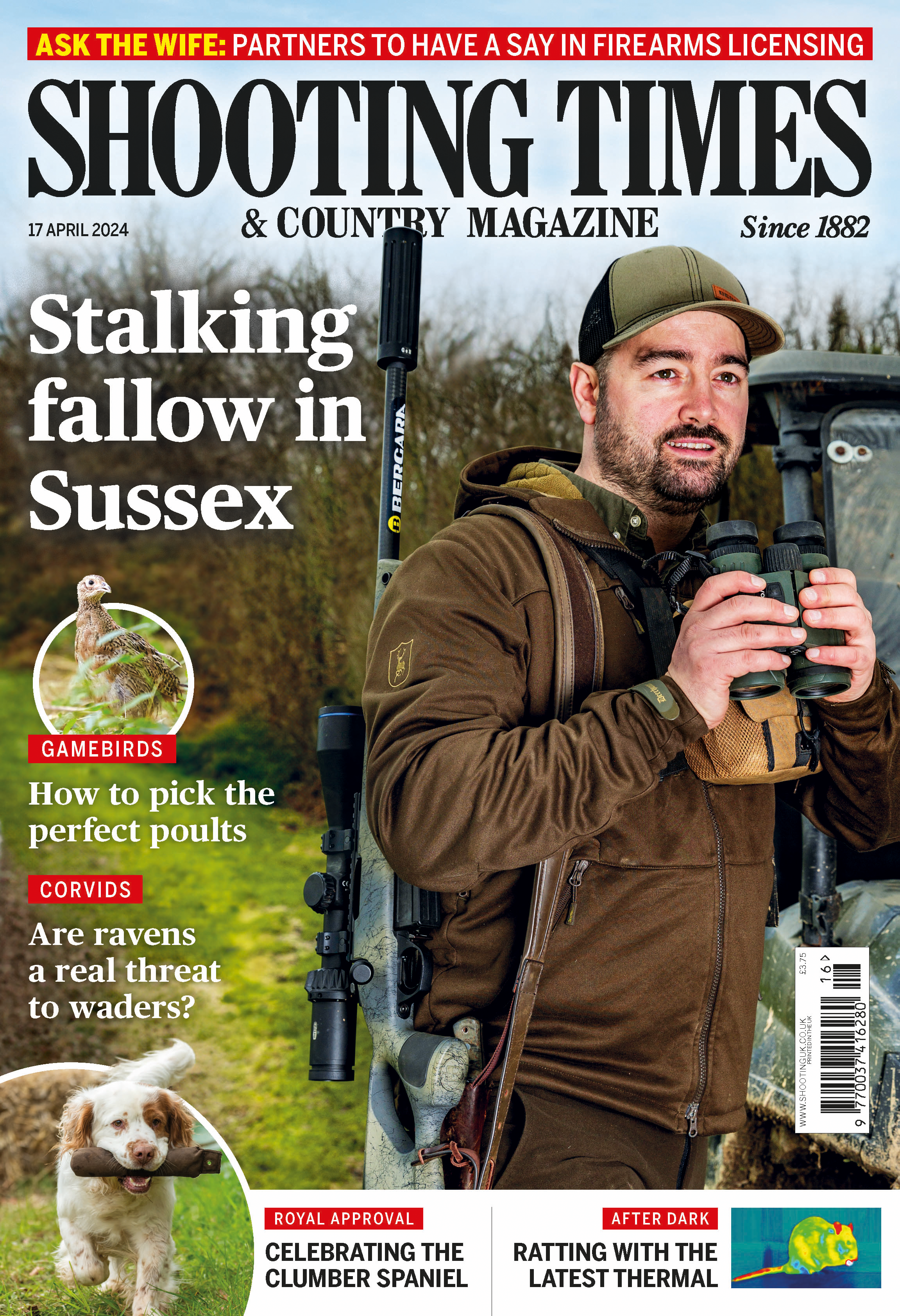Guilty until proven innocent?
The Law Commission?s recent consultation on wildlife law was based on the reasonable proposition that wildlife legislation in this country is out of date, confused and often contradictory. Most people would agree that simplifying the law and bringing it together in a single statute would be a good idea in principle.
The consultation is now closed to submissions, and the Law Commission will be working through the responses with a view to new legislation being introduced in 2014. The question is whether any new legislation that results from the consultation will simply make the law easier to understand and enforce, or whether there are hidden dangers underlying the entire process.
There are several aspects of the consultation that are likely to be controversial. Most notably, whether England and Wales should follow Scotland down the road of introducing vicarious liability for landowners in relation to certain wildlife offences. If taken up, the proposal would mean that where a gamekeeper was found to have poisoned a bird of prey, his employer could also be found guilty of a criminal offence ? unless the employer could prove that he was unaware of the offence being committed and had taken all reasonable steps to prevent it.
This is a proposal much supported by the animal rights lobby, which argues that landowners put pressure on their employees to commit wildlife offences. This would appear to be an argument based on supposition rather than evidence, and the proposed solution to a problem that may not exist is a highly draconian piece of legislation.
The proposal would not only reverse the presumption of innocence, so that an employer would have to prove he was not guilty of a criminal offence, it would also make him liable for an offence he did not commit.
It is argued by the animal rights lobby that this is the case in health and safety law. It is not.
In health and safety law, an employer can be found guilty if he fails to take steps to protect the health and safety of his employees or others who may be affected by his business. He is not automatically found criminally liable if someone else commits an offence.
There are almost no examples of vicarious liability in criminal law. It is difficult to see why this would be necessary in a wildlife law context when it is not available in relation to murder, rape or robbery.
It may reflect on how far the animal rights lobby has hijacked the public discourse in this area that legislation is proposed in relation to wildlife that is far stricter than anything that applies to crimes against humans.
A conviction at any cost
Another aspect of the consultation that may have the effect of making the law stricter is the proposal in relation to recklessness. Many offences currently require that a person intended to kill or injure an animal. The proposal would mean that if a person was aware of the possibility that the animal may be killed or injured, but did what he was going to do anyway, and an animal was killed or injured, he could be convicted of a criminal offence. This would be the case if what the person was doing was chopping down a tree, ploughing a field, or driving down the road.
The consultation also contains a proposal to remove the current defence that an animal has been killed or injured as the incidental result of a lawful action and could not have been reasonably avoided.
The cumulative effect of these two proposals could potentially make it more difficult for people to do anything in the countryside without fear of prosecution.
As I drive down a rural road, I know that it is possible that I could kill or injure a protected species. I am not sure that makes it right to prosecute me if it happens. Some would argue that no sensible prosecutor would bring such a case. However, in the area of wildlife law, sense does not always prevail.
As many will know, the RSPCA recently spent nearly £330,000 prosecuting a Hunting Act offence in a magistrates? court. The society could have used its own in-house solicitors, or any of the solicitors they use regularly to prosecute pet animal abuse cases, at a tenth of the price.
When it comes to wildlife offences, it is not common sense, but the will of the prosecutor to achieve a conviction at any cost, that seems to be the order of the day.
The Law Commission would undoubtedly stress that the proposals in relation to recklessness and the removal of the defence of an otherwise lawful act are a reaction to European Court decisions and an attempt to bring our law more into line with European Directives. But it is questionable whether European Law does require the changes proposed.
However, perhaps a more important consideration is that if European law is dictating these changes, then where is it taking us? It is clear that wildlife needs protection in law, but does it need protection from the unintentional consequences of legal actions that could not reasonably have been avoided?
Protracted appeals
A final consideration is what this consultation tells us about the direction of travel of wildlife law. The method of approach behind the consultation is to suggest prohibiting actions and then licensing them.
The Law Commission?s press release on the consultation says that what it is proposing will help people understand what their obligations and duties are and what they can and cannot do, and ensure they are properly licensed to do it.
It is likely that, over time, more and more activities will require licensing. The problem with licensing is the manner in which licences are administered. The recent aborted badger cull shows that, where animal rights groups oppose the issue of licences, they will move heaven and earth to prevent licences being issued.
The consultation posed the question whether it should be open to third parties with a sufficient interest to become involved in appeals against the issue of licences. The animal rights groups that provided responses all stated that this should be the state of affairs. They all suggested that this would guarantee ?access to justice?.
In fact, what it would guarantee is that a great deal of licences would not be issued due to protracted appeal proceedings involving animal rights groups determined to stop the killing of animals under any circumstances.
Overall, then, while the consultation may be designed to simplify matters, ?simple? does not necessarily mean less dangerous for those engaged in country pursuits.








